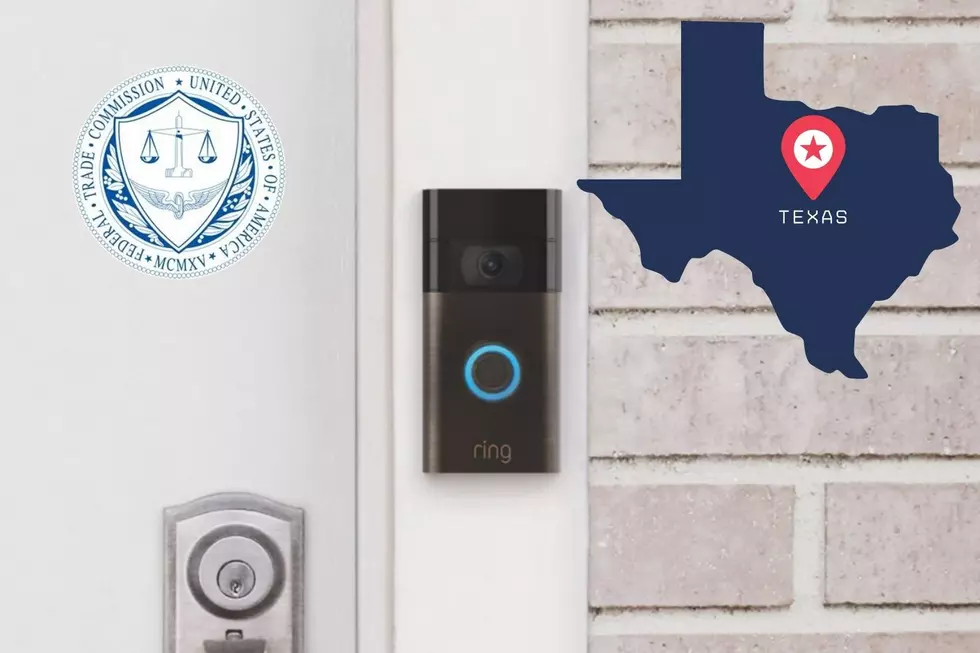
Tips for Better Hearing
Are you experiencing symptoms?
Audibel urges you to be aware of these indicators that you may have experienced a loss in hearing.
Does this happen to you?
• Asking others to repeat themselves
• Turning up the TV or radio to volume levels others find loud
• Having trouble understanding conversation in noisy places
• Feeling like other people mumble or slur their words
• Having trouble hearing women's and children's voices
• Having trouble hearing on the telephone
• Feeling more irritable or depressed
• Avoiding social situations that were once enjoyable
• Having difficulty following a fast-moving conversation
• Missing important information in meetings
• Being told by others that you have hearing loss
Questions For The Hearing/ Audiology Expert:
Q: If I had hearing loss, wouldn’t my doctor have told me?
A: Not necessarily. Only about 13% of physicians routinely screen for hearing loss. Since most people with hearing impairments hear just fine in quiet environments (like your doctor's office), it can be very difficult for your physician to recognize this problem. Only a trained hearing professional can determine the severity of your hearing problem, whether or not you could benefit from a hearing aid, and which type would be best for you.
Q: What are the most common causes of hearing loss?
A: There are several causes. The main ones include excessive noise, infections, genetics, birth defects, infections of the head or ear, aging, and reaction to drugs or cancer treatment.
Q: Are there different types of hearing loss?
A: Yes. There are three types of hearing loss:
• Sensorineural: The most common type, it occurs when the inner ear nerves (and hair cells) are damaged and do not properly transmit auditory signals to the brain. Can be treated with hearing aids.
• Conductive: Is typically the result of obstructions in the ear. Can usually be treated medically or surgically.
• Mixed: A combination of sensorineural and conductive
Q: Are there operations or medications I can take for hearing loss?
A: Only 5% of hearing loss in adults can be improved medically or surgically. The vast majority of Americans with hearing loss (95%) are treated with hearing aids.
Q: Is there an adjustment period to wearing hearing aids?
A: Yes. Most people need an adjustment period of up to four months before becoming acclimated to — and receiving the full benefit of — wearing their hearing aids. However, you should expect to notice obvious benefits during this trial period.
Q: Will I need a hearing aid for both ears?
A: Two-ear hearing (called "binaural") is better than one. If you have hearing loss in only one ear, you may be fine with one hearing aid. Age- and noise-related hearing loss tend to affect both ears, but your hearing profile for each ear is probably different. If there is a loss in both ears, you will probably benefit more with a binaural solution. Today, about two-thirds of new users opt for dual hearing aids, and as a group they report a higher level of satisfaction than purchasers of a single hearing aid.
More From KKTX FM









